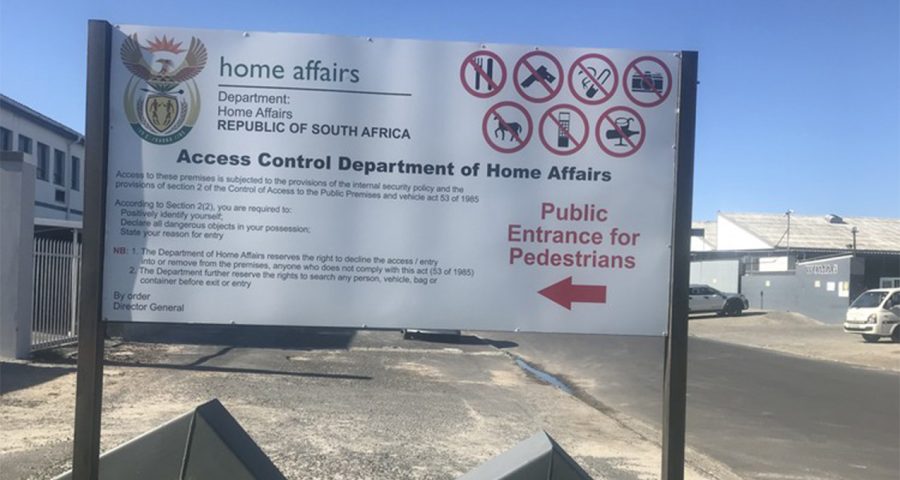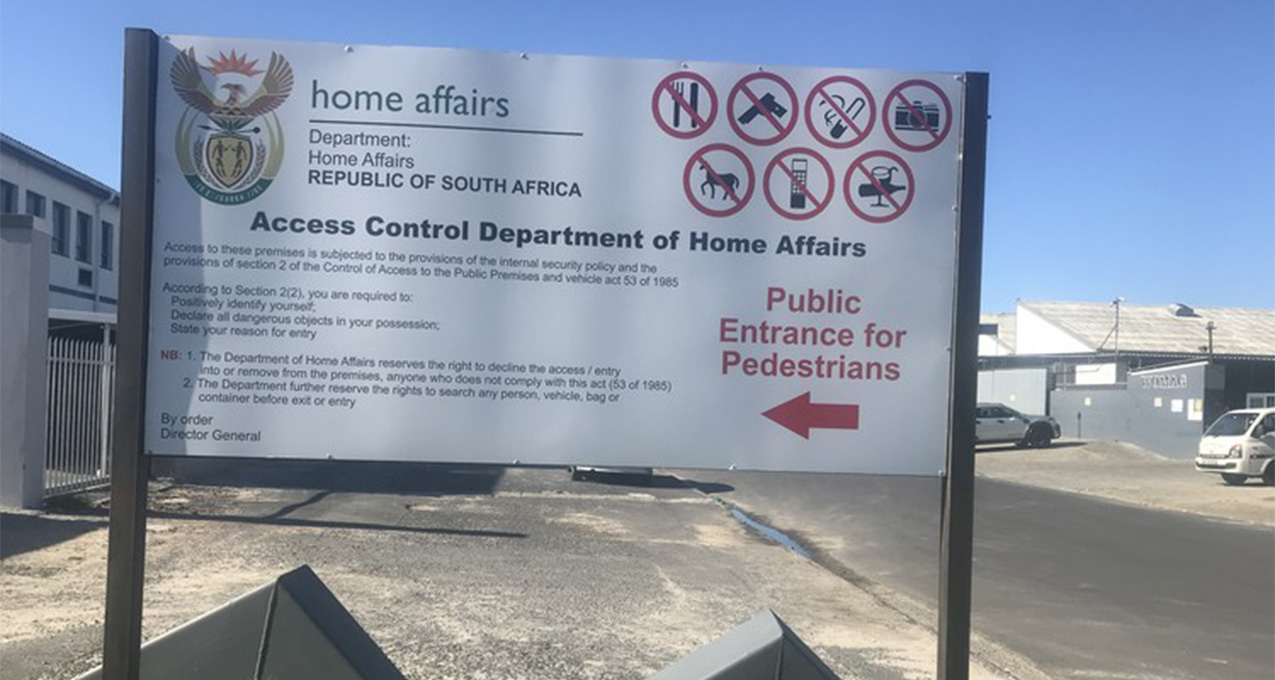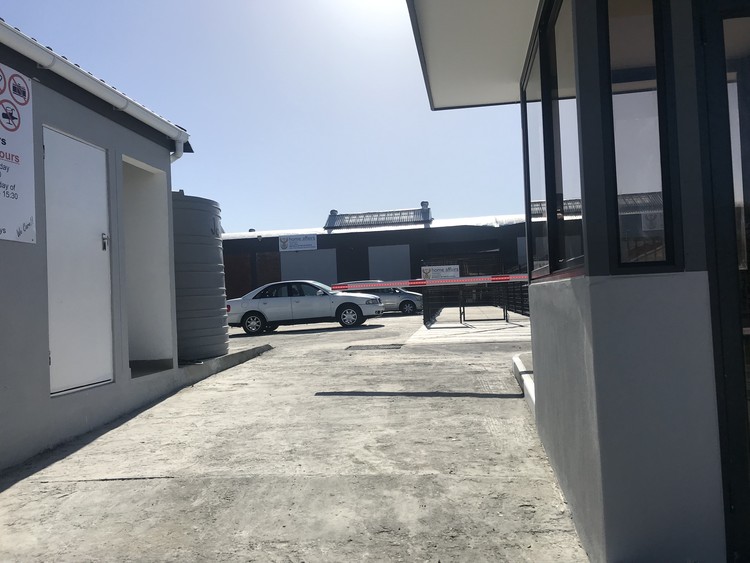
After 10 years of court battles, Home Affairs will finally open Cape Town refugee office
The long wait for a Cape Town Refugee Reception Office will finally come to an end on Monday. A new office on Grenville Avenue in Epping is expected to open its doors officially for asylum and refugee services on 20 March. The Cape Town Refugee Reception Office is expected to officially open its doors for […]

The long wait for a Cape Town Refugee Reception Office will finally come to an end on Monday. A new office on Grenville Avenue in Epping is expected to open its doors officially for asylum and refugee services on 20 March.
- The Cape Town Refugee Reception Office is expected to officially open its doors for asylum and refugee services on Monday, 20 March.
- This comes after more than ten years of court battles since the Department of Home Affairs closed its Cape Town office in 2012.
- Refugees could only apply for asylum at offices in Durban, Musina and Pretoria.
This comes after more than ten years of court battles since the Department of Home Affairs closed its Cape Town refugee office.
In October last year, GroundUp reported that the new centre had finally started to take shape in Epping.
According to the UCT Refugee Rights Clinic Facebook page, all new asylum and refugee matters will be heard at the Epping offices. “If anyone has any matters that still need to be dealt with before the 20th, you may still be required to attend their old office at Foreshore where the remaining Home Affairs staff will assist you,” the clinic advises.
A notice issued by Home Affairs states: “The department has moved most of the officials and equipment to the new office site effective from 1 March 2023. A skeleton staff will remain in the office for two weeks, ending on 17 March 2023. Thereafter, the department will leave a notice that advises the clients about the new office location. The skeleton staff at Customs House will mainly assist in redirecting clients and attending to minor service requests.”
“At this stage, only clients with appointments/appointment letters will be received at the new site. No client will be assisted without prior arrangements until further notice. Clients which were issued with an appointment letter to report to the old address on a future date are requested to all report to the new premises. Any in-person visit will be as per appointment.”
Home Affairs also said that those wanting extensions of asylum documents and refugee status should apply online.
The legal battle between refugee advocacy organisations and Home Affairs dates back to 2012 when the department closed its Cape Town Refugee Reception Office. The closure meant that refugees could only apply for asylum in Durban, Musina and Pretoria.
The Western Cape High Court ruled that the closure was unreasonable and irrational in 2012. Home Affairs was ordered to re-open the office by the High Court in 2016, and again by the Supreme Court of Appeal in 2017.
The department then sought leave to appeal from the Constitutional Court, but the application was denied.

When Home Affairs had still not opened the Refugee Reception Office by 31 March 2018, the Legal Resources Centre (LRC) took the matter back to court on behalf of the Scalabrini Centre and the Somali Association of South Africa. In May 2021, Acting Judge Alma de Wet ordered Home Affairs to submit monthly reports on its progress in opening the office.
Devon Turner of the LRC told GroundUp they had accompanied court staff and Home Affairs officials to the new office in February. Asked about the new site, Turner said IDs and passports would also be issued at the Epping office which would mean refugees would not have to visit the Barrack Street offices for those services. “This is quite positive.”
Turner said the office in Epping has separate entrances, one for asylum seekers and refugees, and another for Home Affairs staff. “They are trying to prevent any kind of bribery,” he said.
He said that the office works on a ticketing system to aid the flow of people through each point of service. There are “children-friendly” spaces, he said, and an open space for the Refugee Status Determination Officer’s decision-making and interviews. “The space has smart cameras all over. The open spaces have been designed so that there are no blind spots where someone can try to elicit a bribe,” he said.
Published originally on GroundUp | By Tariro Washinyira
